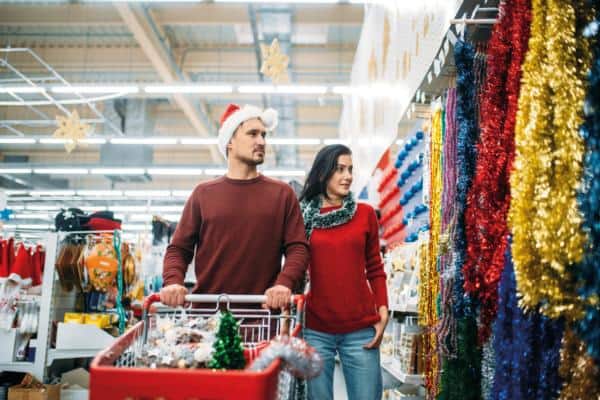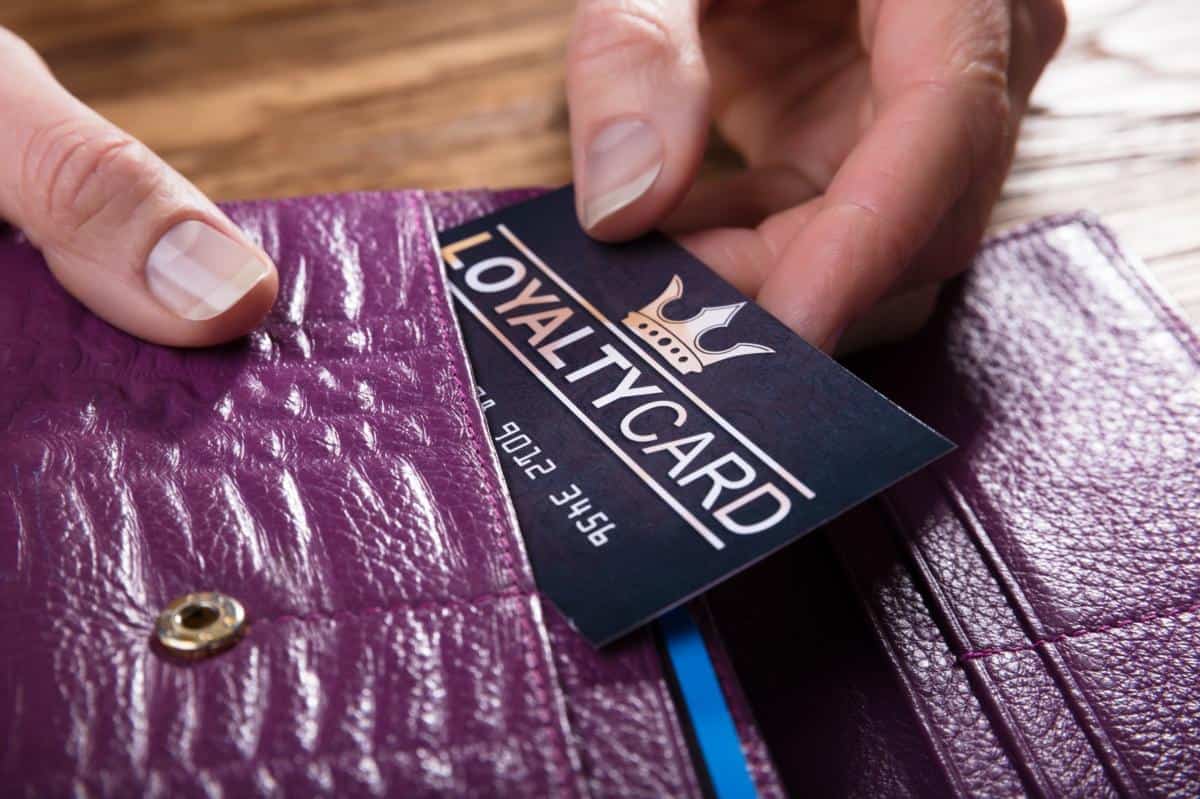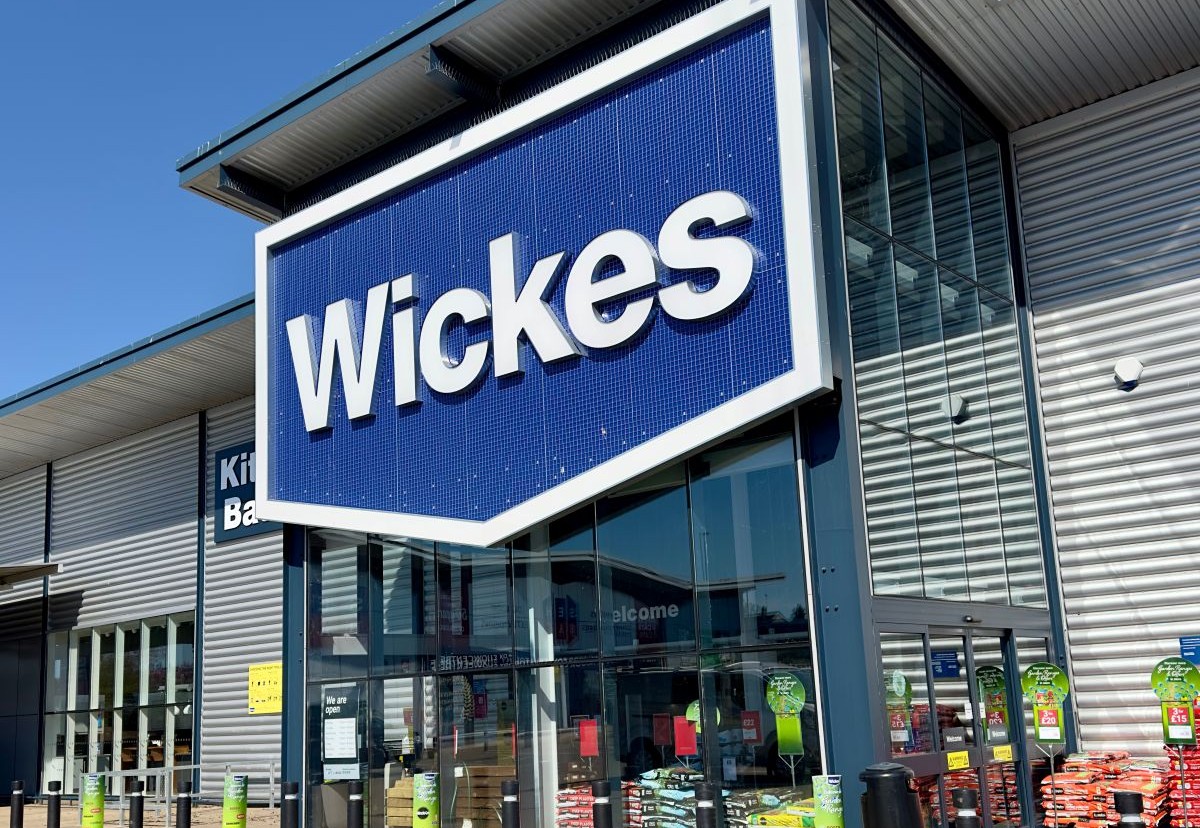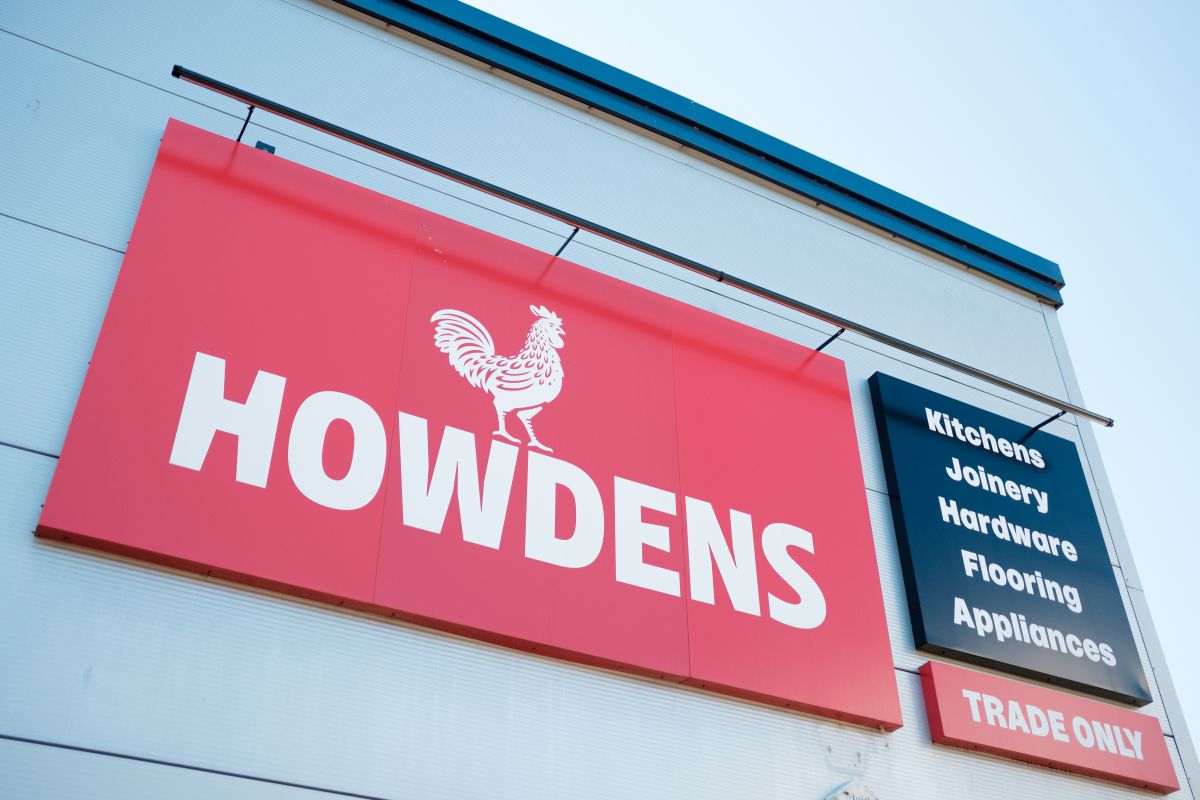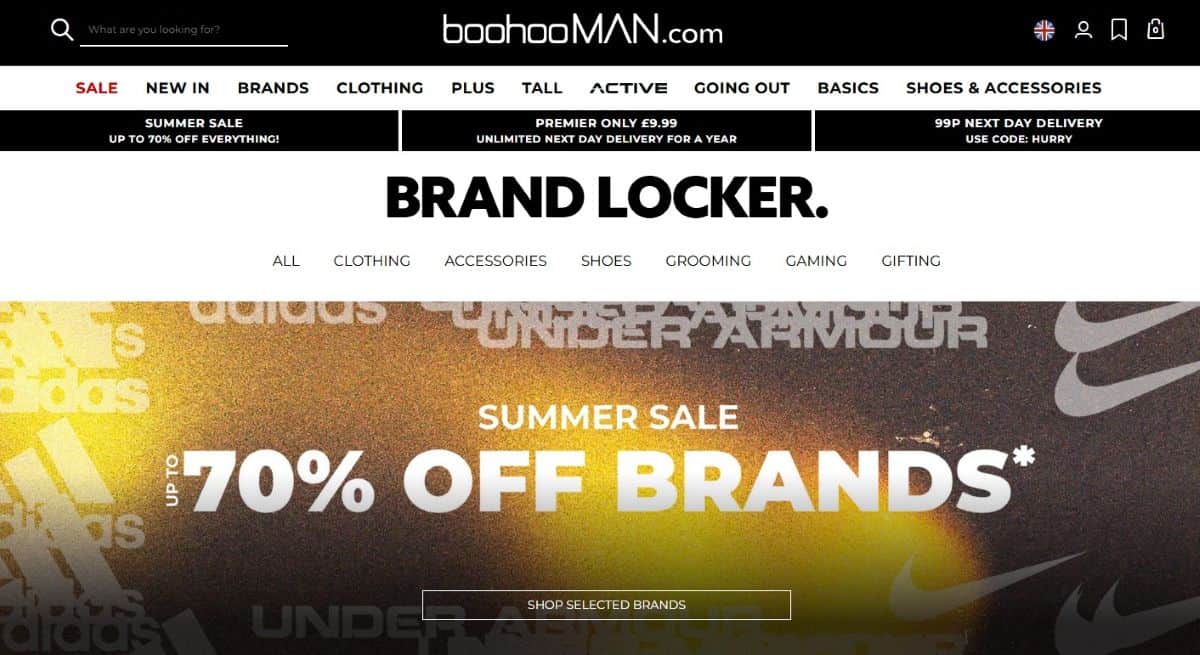Many shoppers are buying Christmas presents and food early amid well-publicised supply chain worries, surveys from appointment scheduling specialist JRNI and operations experience management business ParcelLab suggest. JRNI research also looks at how shoppers plan to buy this Christmas, while performance marketing agency Tug asks to what extent sustainability is a factor in Christmas buying choices this year.
What supply chain concerns mean for Christmas shopping
A series of ecommerce and multichannel retailers – from AO World to Morrisons – have reported in recent weeks that they are affected by supply chain delays including the shortage of HGV drivers, as a result of factors including Covid-19 and Brexit. While many retailers have now launched Christmas recruitment schemes for roles including driver jobs and warehouse assistants – with sign-on bonuses being offered by Amazon and Tesco among others – it has also been reported that take-up of those jobs is likely to fall short.
Over the weekend, says Start McClure, co-founder of LovetheSales.com, toy prices have risen by 11%, with reports of shortages as containers are delayed at ports. LovetheSales.com has seen prices rise in categories including games and puzzles (+16%), dolls and soft toys (+13%), action toys (+10%) and Lego (+10%), based on its price tracking of more than 2m toy products at more than 100 toy retailers.
McClure says: “Delays at UK ports are causing huge toy shortages across UK retail. The knock on effect has led to a steep hike in toy prices over the weekend. This is another setback for shoppers, who are facing the perfect storm of price hikes this winter. However, with Black Friday just around the corner, consumers shouldn’t panic and look to source deals around the big sales event.”
Now new surveys suggest that shoppers are buying for Christmas already – and in some cases have already finished their shopping.
JRNI questioned 1,000 UK shoppers via Censuswide and found that 56% plan to buy early in case of empty shelves and further Covid-19 lockdown measures – and 8% said they had already finished their shopping.
John Federman, JRNI chief executive, says: “Black Friday planning is certainly going to look very different for both businesses and consumers this year. Although the high street is fully open and shoppers are expressing interest in in-store shopping, the looming threat of product shortages and lockdowns drive many shoppers to get an early start. The research really backs this up, showing that across the UK more than half of all shoppers are planning to hit the high street or start their online shopping earlier than usual.”
And parcelLab, which questioned 2,076 UK adults via YouGov, found that 47% of those shoppers who buy online said they would shop earlier this year to avoid delivery delays. Some 58% put that down to driver shortages, while 44% said Brexit-related issues were the problem. Some 42% thought the effects of Covid-19 might also hit Christmas delivery times.
A fifth (20%) of online shoppers say they would use a mixture of retailers this year in order to mitigate risks or delays. Some 20% are concerned about electronics goods being late, and 30% are concerned about food products.
Tobias Buxhoidt, founder and chief executive of ParcelLab, says: “Consumer expectations for delivery are not outlandish and unfeasible, even with the ongoing supply chain issues. They expect reliable delivery so they can bring touching moments to loved ones on Christmas morning, but at the very least they deserve transparency and clear communications through the delivery process when things don’t go to plan. Too many retailers look to shift blame onto wider issues or third parties, and they rightly punished by consumers for this – prioritising customer experience must happen even after the customer has hit that order button which many retailers currently fail to do.”
How shoppers plan to buy this peak trading season
Nearly two-thirds (64%) of shoppers will buy on the high street this Christmas, according to JRNI’s findings, with 47% saying that human contact was an important part of the retail experience. And 38% said they would combine online with offline shopping. More than half (55%) say they’d like to book an in-store appointment rather than queue for entry.
Federman says: “Despite the obvious surge in online shopping during the pandemic, a surprising number of consumers are still eager to get back in shops to do their holiday shopping. One key difference is the rise in appointment-based visits which have seen a small boom over the past year.
“With shops already bracing themselves for potential social distancing measures this winter season, they would do well to get appointment-based systems in place to ensure their customers feel safe and aren’t left queuing in the cold. Virtual and augmented appointments have also increased in popularity, so there’s no shortage of ways for both online and offline retailers to make things easy for shoppers this holiday season.”
Sustainable plans for festive spending
Research from performance marketing agency Tug – which questioned 2,015 UK adults via Censuswide, says that 78% will be ‘somewhat’ looking out for the way brands communicate their work on sustainability when they decide whether to buy over Black Friday and Cyber Monday, and 63% will bear this in mind over Christmas.
Shoppers are divided on when they will do their Christmas shopping, with 47% not planning to spend during the Black Friday weekend, while a further 47% will do most of their shopping online during that period. Only 14% will spend more on Christmas then they did last year – an an average of £447.
When it comes to shopping in general, 67% said they were concerned about the sustainable and environmental work that retail brands do, and 37% active search for more sustainable retail brands online. As yet, 17% says it affects where they choose to shop. More than a quarter (28%) of Gen Zs use Tiktok to identify sustainable brands, while 26% of millennials use Instagram, and two in five (21%) get recommendations from friends or family on sustainable brands.
Faye Daffarn, managing director, UK at Tug, says: “Currently, “climate anxiety” is the top concern for UK customers. Our research shows that this is now being reflected in shopping preferences during the Golden Quarter, with the sustainability efforts of brands set to impact where 78% of UK consumers will shop. This means it is crucial that retailers are effectively delivering their environmental messaging during this key commercial period.
“An integrated, multi-channel approach that reaches consumers across multiple touchpoints – not only when they are in-market to purchase, but also when they are in browsing mode, will enable retailers to maximise sales during this key commercial period. By optimising search strategies through a smart combination of SEO and PPC, retailers can drive visibility of sustainable practices with Boomers. To help present new ideas to generations like Millennials and Gen Z, as well as established brand followers, retailers should create sophisticated paid social strategies that layer in the different formats and engagement tactics offered by platforms such as TikTok and Instagram.”
